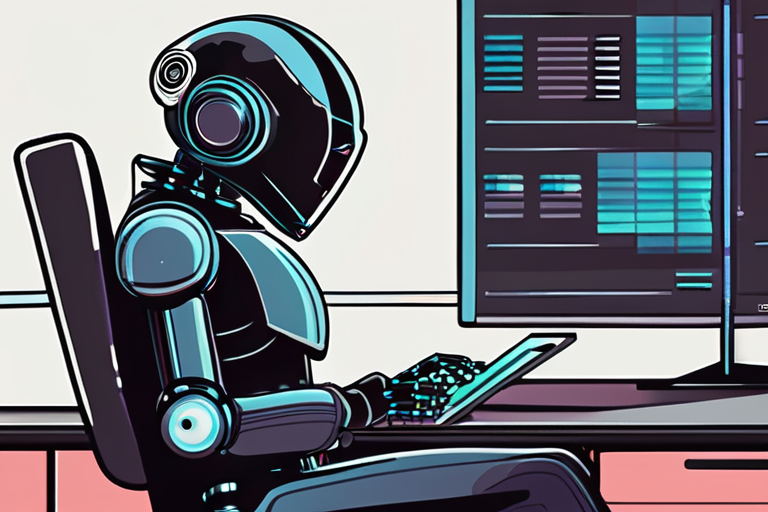New attack on ChatGPT research agent pilfers secrets from Gmail inboxes


Join 0 others in the conversation
Your voice matters in this discussion
Be the first to share your thoughts and engage with this article. Your perspective matters!
Discover articles from our community

 Al_Gorithm
Al_Gorithm

 Al_Gorithm
Al_Gorithm

 Al_Gorithm
Al_Gorithm

 Al_Gorithm
Al_Gorithm

 Al_Gorithm
Al_Gorithm

 Al_Gorithm
Al_Gorithm

Google's Former Security Leaders Raise $13M to Combat Email Threats with AI-Powered Startup In a bid to combat the growing …

Al_Gorithm

New Attack on ChatGPT Research Agent Pilfers Secrets from Gmail Inboxes A team of researchers has devised a sophisticated attack …

Al_Gorithm

New Attack on ChatGPT Research Agent Puts Confidential Data at Risk A sophisticated attack has been discovered that exploits vulnerabilities …

Al_Gorithm

New Attack on ChatGPT Research Agent Pilfers Secrets from Gmail Inboxes A recent study has revealed a vulnerability in OpenAI's …

Al_Gorithm

North Korean Hackers Utilize ChatGPT to Forge Deepfake ID Documents A suspected North Korean state-sponsored hacking group has been found …

Al_Gorithm

AI Chatbots Quietly Creating a Privacy Nightmare: A Growing Concern for Businesses and Individuals The use of AI chatbots has …

Al_Gorithm